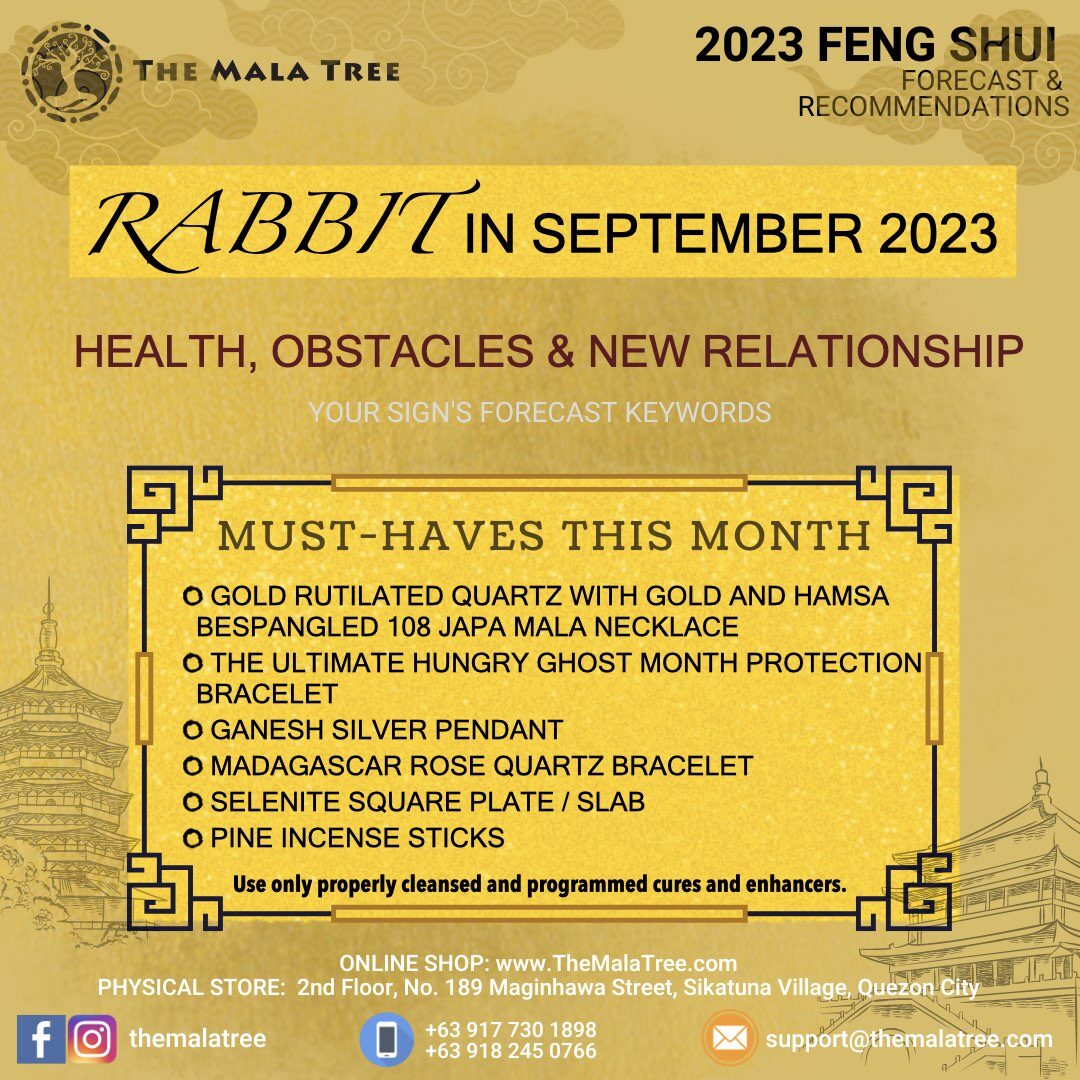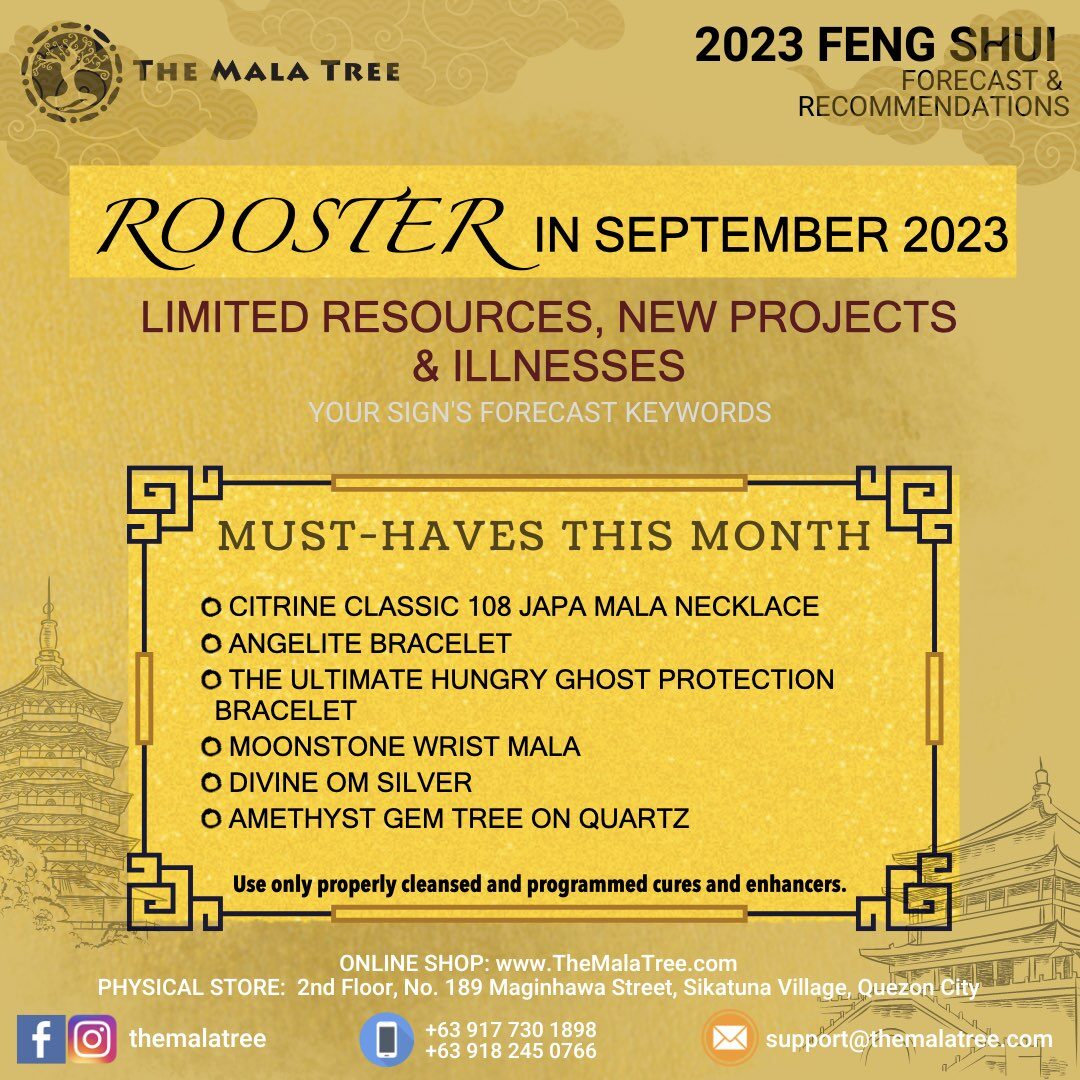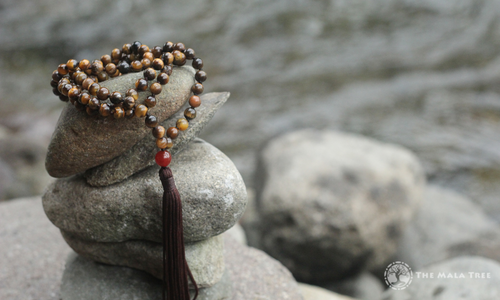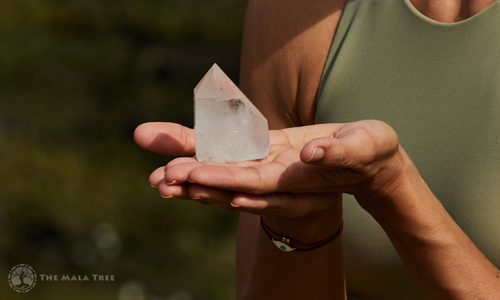
SEPTEMBER 2023 OVERVIEW:
In the realm of Feng Shui, the flow of energy and the harmony of one’s surroundings play a crucial role in influencing various aspects of life, including health, relationships, and prosperity. As we navigate the current period, certain animal signs may find themselves vulnerable to stress and external disturbances, potentially leading to health issues. It’s imperative to acknowledge the connection between well-being and the environment, taking measures to create a serene and nurturing space.
The specter of potential treachery and underhanded motives looms for certain signs this September, emphasizing the importance of vigilance and strategic precautions. To shield your financial stability and career trajectory, strategic planning is paramount. Define your career goals with clarity, making them attainable and grounded in reality. By nurturing foresight and practicality, you erect a solid defense against the uncertainties that may arise.
Exercising fiscal prudence is integral during this period, as resources may experience depletion for many. It’s advised to make informed decisions before spending, ensuring that each expenditure aligns with your priorities and long-term goals. Such prudent choices will prove instrumental in maintaining stability during this time.
Tailoring your approach to the prevailing astrological conditions, prospects of prosperity and wealth are not only possible but achievable for those willing to invest their effort. The rewards await the determined and diligent, mirroring the tenets of Feng Shui that stress the interplay between intention, action, and outcome.
Above all, during this phase, a concerted emphasis on health is non-negotiable. A looming threat against overall well-being necessitates attention to mental health, fostering resilience, and cultivating strong family bonds. The search for meaningful relationships is also a journey that requires patience; meaningful connections, like the subtle currents of energy in Feng Shui, take time to materialize.
This September a meticulous approach is paramount. Each endeavor, decision, and interaction must be infused with care and thoughtfulness. Prudence, an essential virtue in both Feng Shui and life, should guide your actions, ensuring that the energy you project aligns with your desired outcomes.

THE RAT IN SEPTEMBER 2023
Luck Rating: 3 out of 5
RAT (1936, 1948, 1960, 1972, 1984, 1996, 2008,2020)
Health: In September 2023, Rat individuals are in for a turbulent month as the influence of Tai Sui creates a bumpy ride in various aspects of their lives. Those among the Rat sign with preexisting health concerns should remain vigilant. Immediate medical attention and regular check-ups are strongly advised to maintain well-being. Meditate using a Clear Quartz Classic 108 Japa Mala Necklace each morning to help you’re your health issues. Ladies born in the Year of the Rat should exercise caution when venturing out at night this month, as a heightened risk of traffic accidents is indicated. Wear The Ultimate Hungry Ghost Month Bracelet to keep afflictions at bay.
Love: As the eighth lunar month unfolds, the fortune for Rat people looks promising, especially for singles seeking romantic connections. Engaging actively in social gatherings and events increases the chances of initiating romantic relationships. While the potential for love is high, a proactive approach is recommended over passive waiting. For those in long-term relationships, marriage might be on the horizon. However, disagreements over wedding details may arise. Effective communication and timely conflict resolution are crucial to avoid future quarrels. To subdue tense situations, always keep a Howlite Tumbled Stone in your purse. For single Rats, the possibility of finding compatible partners is heightened. Participation in blind-date dinners and similar events could lead to meaningful connections. However, it’s advised not to overly invest emotions or time prematurely. This caution is essential to prevent prolonged sorrow in the event of a breakup.
Career: Rat individuals will enjoy a favorable period in their careers during the eighth lunar month. Gaining certification or a change in position could lead to extra income or a significant raise. Secure this promotion by breaking all obstacles with the assistance of Ganesha. Wear the Square Ganesh Silver Pendant.
Money: The month also presents auspicious opportunities for financial growth. Rats aiming to boost their income should devise well-structured plans, focusing on incremental achievements. Entrepreneurs and those in business might encounter opportunities, yet exercising prudence is crucial. High-risk investments should be approached with caution to ensure stability and avoid unnecessary setbacks. Hang an Ojo de Dios of Money Attraction to boost your chances in wealth acquisition.
The notorious Hungry Ghost Month will be coming to an end on September 14, 2023. To ensure optimal protection and showering of abundance and blessings, it is imperative that you acquire The Mala Tree’s Ultimate Ghost Month Protection Bracelet. This extraordinary bracelet is adorned with powerful stones and protection symbols specifically designed to safeguard you during this unpredictable period. Don’t take any chances, regardless of your luck rating this September. Arm yourself with this must-have accessory and shield yourself from the eerie antics of the hungry ghosts.

THE OX IN SEPTEMBER 2023
Luck Rating: 4 out of 5
OX (1937, 1949, 1961, 1973, 1985, 1997, 2009)
Career: September 2023 brings promising career prospects for those under the Ox sign. Colleagues will be cooperative, leading to enhanced work efficiency and improved communication. While camaraderie with coworkers is favorable, it’s advisable to maintain discretion about personal matters to prevent potential ridicule. Maintain positivity while doubling your wealth by wearing the Citrine Classic 108 Japa Mala Necklace, and meditate with it too to manifest happiness and abundance.
Love: For Ox individuals, this month’s horoscope indicates significant progress in love matters. Singles may bid farewell to solitude as new romantic possibilities arise. Even if not resulting in immediate commitments, connections made during this time could pave the way for meaningful relationships. Couples and spouses among the Ox sign can look forward to harmonious relationships, fostering an atmosphere of understanding and unity. Keep the love alive and always wear a Moonstone Bracelet.
Health: Amid numerous social engagements with business associates and friends, Ox individuals will experience a fulfilling and bustling month. However, irregular routines and late-night activities might lead to inadequate sleep and health challenges. Striking a balance between social commitments and self-care is vital to prevent the decline of well-being. Keep an Amethyst Crystal Point / Generator / Wand inside your bedroom.
Money: The eighth lunar month holds promising fortune for Ox-born individuals. Collaborations and partnerships are likely to yield substantial progress, contributing to increased income and financial stability. While opportunities are on the rise, it’s prudent to approach them with strategic planning and consideration. Make sure each decision is made with clarity, hang an Ojo de Dios of Wisdom near your work desk.
Travel Advisory: This month, individuals born under the Ox sign are advised to minimize or avoid travel, as a slightly elevated risk of injury or deception during journeys is indicated. In cases where travel is necessary, exercising utmost caution is imperative. Wear the Travel and Accident Protection Bracelet all the time.
Enter September 2023 with confidence and protection by wearing The Mala Tree’s Ultimate Ghost Month Protection Bracelet. This powerful bracelet is specifically designed to shield you from the unpredictability of the hungry ghosts and ensure your safety until the end of the Hungry Ghost Month on September 14th. Complete with stones and protection symbols, this bracelet not only keeps you safe but also attracts abundance and blessings into your life. No matter what your luck rating is this September, make sure to have this essential accessory on your wrist for peace of mind and prosperity.

THE TIGER IN SEPTEMBER 2023
Luck Rating: 3 out of 5
TIGER (1938, 1950, 1962, 1974, 1986, 1998, 2010, 2022)
Money: Entering this month, Tiger individuals experience a continuous improvement in their financial outlook. The likelihood of successfully completing tasks before their deadlines is high, resulting in substantial bonuses as rewards. Surprisingly, additional income from unconventional sources could contribute to a stable and comfortable financial situation. However, it’s essential to exercise prudence by allocating a portion of these earnings towards emergency savings. As Tigers embrace their financial successes, they should remain cautious and plan for unexpected financial challenges that may arise. Meditate using the Aventurine Classic 108 Japa Mala Necklace to manifest luck and promotion and to invite more opportunities in the workplace.
Career: As this month unfolds, Tiger individuals experience a continued upswing in their fortunes due to a possible promotion or new assignment in a different department which may bring substantial bonuses. You will also be rewarded with financial gains from alternative sources that may contribute to a comfortable financial situation. A Citrine Bracelet, a powerful tool in inviting happiness and wealth is a must for you, especially this month.
Love: September 2023 brings positive prospects for romance among Tiger individuals. Single Tigers can anticipate entering into fulfilling relationships characterized by compatibility and sweetness. The potential for embarking on the journey of marriage is notably high, reflecting the harmonious connection between partners. However, it’s crucial to acknowledge that a tendency towards emotional detachment might hinder the expression of affection. To nurture healthy romantic relationships, Tigers must actively work on demonstrating warmth and care on a consistent basis. Place a pair of Blessed Mandarin Ducks inside your bedrooms to enhance romance. Overall, September holds promising luck for those born in the Year of the Tiger.
Health: Watch what you eat and always monitor your heart rate. There will be several challenges for you due to some conflicts. Tiger individuals might face interpersonal challenges this month, potentially leading to conflicts with close friends due to minor misunderstandings. Invoke the protection and guidance of Hanuman, by wearing the Hanuman Silver Pendant. Practicing prudence in communication and actions is crucial to avoid exacerbating these situations. Furthermore, engaging in speculative business ventures with partners should be avoided, as this could potentially lead to legal entanglements or even legal repercussions. Cleanse your homes and businesses by lighting Palo Santo Incense Sticks each morning.
Unlock the power of The Ultimate Ghost Month Protection Bracelet from The Mala Tree! With complete stones and powerful protection symbols, this bracelet is your ultimate shield during the Hungry Ghost Month. Not only will it safeguard you from the unpredictability of the hungry ghosts, but it will also attract abundance and blessings into your life. Don’t wait till September 14, 2023. Get your hands on this must-have accessory now!

THE RABBIT IN SEPTEMBER 2023
Luck Rating: 3 out of 5
RABBIT (1939, 1951, 1963, 1975, 1987, 1999, 2011)
HEALTH, OBSTACLES & NEW RELATIONSHIP
Money: Rabbit individuals will experience an upswing in their financial fortunes this month. While receiving regular income, unexpected gains from investments might pleasantly surprise them. Despite the increased earnings, it’s advised to practice financial prudence by setting aside savings for future needs. To safeguard your wealth and double it at the same time, make sure you wear and meditate using the Gold Rutilated Quartz with Gold and Hamsa Bespangled 108 Mala. The month indicates moderate luck in wealth, so be sure you enhance this department.
Career: In September 2023, Rabbits will encounter career opportunities. Favorable conditions for assessments, examinations, and job applications will prevail. While patrons and supporters play a role in their endeavors, the planning process might encounter several hurdles. Diligence in work is advised to ensure collective success, without affecting the team’s performance. Break these hindrances and obstacles by wearing the Ganesh Silver Pendant – a bestselling amulet that brings opportunities, wealth, and unlimited protection. Coping with pressure and overcoming obstacles will be crucial. It’s advisable to steer clear of conflicts, disputes, and legal confrontations to prevent potential harm or complications.
Love & Relationships: In the realm of romance, single Rabbits, particularly females, are poised to encounter captivating partners and initiate dating experiences. However, those who are in relationships must be careful for relationships may plateau. For married Rabbits, a peaceful yet less romantic atmosphere prevails. Infusing occasional surprises into the relationship can enhance closeness and harmony. Keep the passion alive and wear a Madagascar Rose Quartz Bracelet, a powerful stone that brings love, loyalty, and devotion.
Health: Rabbits will enjoy an improved state of health this month, marking a significant turnaround, especially for the elderly. Lingering discomforts will gradually fade, leading to a noticeable improvement. To keep the health issues dissipating immediately, place a Selenite Square Plate / Slab inside your bedroom, and to make sure health fortunes rise, a daily incense offering using Pine Incense Sticks or other incense sticks will keep the good chi flowing.
Prepare for the end of the Hungry Ghost Month on September 14, 2023 with The Mala Tree’s The Ultimate Ghost Month Protection Bracelet. This powerful accessory is filled with the perfect stones and protection symbols to safeguard you and bring a shower of abundance and blessings. No matter your luck rating this September, wearing this bracelet is absolutely essential to guard against the unpredictable actions of the hungry ghosts. Don’t miss out on this must-have item.

THE DRAGON IN SEPTEMBER 2023
Luck Rating: 2 out of 5
DRAGON (1940, 1952, 1964, 1976, 1988, 2000, 2012)
Money: In September 2023, Dragon individuals will experience significant fluctuations in their overall fortune, with a notable risk of encountering financial difficulties or even bankruptcy. Caution is advised in safeguarding money, especially when approached by unfamiliar individuals seeking to borrow funds. Prudent consideration is necessary before extending any financial assistance. Keep your wealth and investments safe, always keep an Orange Aventurine Classic 108 Japa Mala Necklace all the time, and whenever you can, chant a wealth mantra with it.
Career: Career luck for Dragons remains unfavorable in September. The year 2023 forewarns potential troubles and obstacles, possibly orchestrated by competitors. Engaging in business agreements or contracts demands careful attention, as hidden pitfalls may exist. A downturn in work performance directly correlates with reduced income, necessitating a frugal approach to spending. Work-related pressures might affect interpersonal interactions, including communication with loved ones, potentially impacting emotional well-being. To stay on top of your game and to maintain focus, wear a Gold Tiger’s Eye Bracelet and place a Gold Tiger’s Eye Plate / Slab on your work desk.
Love & Relationships: The month for Dragons entails conflicts and clashes, urging them to engage more actively in social settings where diverse opportunities to earn money emerge. Tactful communication is advised to prevent unintentional offense. In relationships, conflicts and disputes might arise, potentially leading to serious outcomes like separation or divorce. Striving for diplomacy and understanding is vital to sustaining harmony. Always make sure you have a Blue Lace Agate Bracelet with you all the time. This is a very powerful tool for those who need to improve their diplomacy skills and a potent communication enhancer.
Health: September might introduce minor health concerns for Dragon individuals. Prioritizing health and seeking advice from medical professionals is recommended to address these issues and maintain overall well-being. To enhance your overall well-being, place an Amethyst Money Tree inside your bedroom.
The Hungry Ghost Month is coming to a close on September 14, 2023. Don’t miss out on The Mala Tree’s Ultimate Ghost Month Protection Bracelet, designed to keep you safe and bring abundance and blessings. With powerful stones and protection symbols, this bracelet is a must-have to ward off unpredictable actions from hungry ghosts.

THE SNAKE IN SEPTEMBER 2023
Luck Rating: 4 out of 5
SNAKE (1941, 1953, 1965, 1977, 1989, 2001, 2013)
Money: In September 2023, Snake individuals can expect a stable overall fortune. The month unfolds with a sense of equilibrium, devoid of unexpected disturbances, allowing for a smooth flow of events. Daily meditation with the Apatite with Blue Aventurine Guru Bespangled 108 Mala will help manifest wealth and abundance while providing emotional support during trying times.
Career: For those born in the Year of the Snake, September presents a fortunate period encompassing various aspects of life. Career prospects shine with opportunities for growth, as recognition from higher-ups and the delegation of significant responsibilities become prominent. This positive momentum extends to the financial domain as well. Seal the luck you have with a Kyanite Bracelet.
Love & Relationships: September’s fortune extends to the realm of relationships for Snake individuals. Snake individuals emanate a magnetic charm, attracting attention from the opposite sex and possibly leading to new and meaningful romantic connections. In matters of the heart, singles are likely to encounter compatible partners with ease, potentially paving the way for harmonious and fulfilling marital lives. A good heart chakra stone that enhancers love and relationships is Amazonite. Place an Amazonite Plate / Slab on your bedside table to boost romance or the chances of finding love.
Health: Engaging in regular exercise and maintaining a balanced diet remains key to sustaining well-being. The convergence of stability in various life aspects serves as a positive foundation for physical vitality. Boost your health and keep negative energies at bay with the Dumortierite Crystal Point/Generator/Wand and place it inside your bedroom or your dining area. While tranquility prevails, it’s important to maintain a watchful eye on health matters. Parents of Snake children (born in 2013) should exercise extra caution, focusing on the physical well-being of their children to prevent weather-induced health issues. Nurturing a proactive approach to health preservation can amplify the benefits of the overall positive trends for the Snake individuals in September. This is a good month for you, remember to keep the good energy flowing and cleanse your dwellings before night falls. Light Yin Yang Incense Sticks for protection and space clearing.
The Hungry Ghost Month will come to a close on September 14, 2023. To ensure your safety and prosperity during this time, I highly recommend acquiring The Mala Tree’s Ultimate Ghost Month Protection Bracelet. This marvelous piece contains all the necessary stones and symbols to safeguard you and bestow upon you an abundance of blessings. No matter your luck rating this September, don’t take any chances. Protect yourself from the unpredictable actions of the hungry ghosts by wearing this must-have bracelet.

THE HORSE IN SEPTEMBER 2023
Luck Rating: 2 out of 5
HORSE (1942, 1954,1966, 1978, 1990, 2002, 2014)
CAUTION, HEARTBREAK & OPPORTUNITES
Money: September 2023 will be a month of challenges for Horse individuals. Caution is advised during this period, as potential challenges may arise. Money concerns are heightened due to the influence of Tai Sui, necessitating in-depth financial planning and wise spending will help you keep afloat. To help you curb spending and to help with stress, meditate using the Amethyst Classic 108 Japa Mala Necklace each night before you go to bed.
Career: Horse individuals can expect a smooth continuation of career development this month. Enhanced work efficiency is on the horizon, with positive interactions among colleagues in the workplace. For those engaged in business, seizing the opportunity to expand market share through effective advertising strategies is recommended. A Citrine Bracelet is a powerful ally in manifesting wealth and happiness, so never leave your home without it.
Love & Relationships: Chinese zodiac predictions indicate a challenging romantic outlook for Horses in September 2023. Singles might initiate new relationships early in the month, but as time progresses, these connections might culminate in heartbreak. Married Horses should be wary of potential conflicts, even arising from trivial matters. Addressing issues in the marriage and collaborative efforts toward improving intimacy is crucial. While challenges in love persist, favorable luck in other aspects provides some consolation. To enhance romance and love, place a Rose Quartz Gem Tree on Quartz on your nightstand.
Health: September’s lunar phase presents health challenges for Horse individuals, stemming from the influence of Tai Sui. Vigilance is necessary to mitigate potential negative impacts on well-being. Incorporating regular physical exercise into routines can enhance resilience and counteract the adverse effects. Hang the Ojo de Dios of Good Health near your bed or in your dining room for good Feng Shui and place a Clear Quartz Orb/Sphere in your living room for healing.
The Hungry Ghost Month is coming to an end on September 14, 2023! Don’t miss out on The Mala Tree’s Ultimate Ghost Month Protection Bracelet. This powerful accessory is specially designed to provide complete protection and abundance during this unpredictable period. Whether your luck rating is high or low, wearing this bracelet is a must for your safety and blessings.

THE SHEEP IN SEPTEMBER 2023
Luck Rating: 2 out of 5
SHEEP (1943, 1955, 1967, 1979, 1991, 2003, 2015)
Money: The overall fortune for Sheep individuals in September is slightly less favorable compared to the previous month, yet it remains reasonably stable. You need to watch where your money goes and be wiser with your purchases. Attract wealth and abundance with a Peridot Bracelet, especially during this month.
Career: In the workplace, they’ll experience manageable situations with limited opportunities for significant growth. Office workers, in particular, face vulnerability to job transfer crises. A sudden shift in company values might lead to difficulties in adaptation. Seeking timely assistance when faced with unfamiliar situations is recommended to prevent the accumulation of confusion and subsequent work-related pressures. Meditate and always carry the Sodalite Classic 108 Japa Mala Necklace to help you with focus, wisdom, and communication during a challenging time in the workplace.
Love & Relationships: September presents relationship challenges for Sheep individuals. Singles might find it challenging to transition from their single status, facing potential rejections upon confession. A smooth period lies ahead. However, challenges emerge within the realm of love. While singles might encounter potential partners, they might not develop deep connections with them, resulting in remaining single. To help you navigate a rough time, place a Rose Quartz Crystal Point/Generator/Wand on your nightstand. Those in relationships could face rejected marriage proposals due to their partner’s hesitation. Married life might lean towards simplicity, prompting efforts to infuse spontaneity and excitement into the relationship. To enhance this life’s aspect, hand an Ojo de Dios of Love on your bedroom door.
Health: The general fortune for Sheep individuals born in the Year of the Sheep during September 2023 is moderate. Prioritizing mental health is advised this month and health considerations spotlight the importance of eye care. Engaging in activities like hiking or short trips with partners can help release pressure and improve overall well-being by fostering relaxation and exposure to fresh air. Place a few pieces of Selenite Sticks near your bed for healing and remember to always cleanse your homes with Seven Chakras Incense Sticks each morning.
Unleash the power of The Mala Tree’s Ultimate Ghost Month Protection Bracelet before September 14, 2023! This extraordinary bracelet is packed with powerful stones and symbols that provide complete protection during the Hungry Ghost Month. Embrace abundance and blessings as you shield yourself from the unpredictable actions of the hungry ghosts. Don’t miss out on this essential accessory, regardless of your luck rating this September.

THE MONKEY IN SEPTEMBER 2023
Luck Rating: 2 out of 5
MONKEY (1944, 1956, 1968, 1980, 1992, 2004, 2016)
Money: September 2023 holds various twists and turns for Monkey individuals. Earning a sufficient income to cover daily needs is anticipated. To enjoy stable finances, you may need to work twice as hard as before. You need to be more prudent with your money and you are advised not to lend money or join money-earning schemes that sound too good to be true. Always carry a Prehnite Classic 108 Japa Mala Necklace to ensure a good flow of wealth energy for you this month.
Career: Office workers are likely to experience increased busyness, accompanied by challenges and obstacles. Career prospects remain stagnant, potentially leading to conflicts with colleagues and rumors circulating behind your back. Maintaining a composed demeanor and focusing on your own tasks in a grounded manner is advisable. Diligence in your efforts will lead to income stabilization. Those engaged in business might encounter conflicts with partners, leading to the cessation of cooperation on a less-than-happy note. For good Feng Shui, a Jade Bracelet is a good amulet to help you with office politics and financial issues.
Love & Relationships: Leisure moments at home with partners and engagement in personal hobbies provide relaxation. Handling disagreements with partners through effective communication and a harmonious atmosphere prevails. The potential for irritability and impatience in daily life requires careful consideration to avoid disrupting family harmony. To subdue aggressive energies at home, place a Garnet Crystal Point/Generator/Wand inside your living room and make sure you cleansed your homes, especially the bedrooms with Palo Santo Incense Sticks each morning.
Health: Amid workloads and life pressures, minor health issues might arise too, including sleeplessness and minor illnesses. These health concerns should be managed with care. Caution against accidents during outdoor activities is recommended. Considered a “The Great Healer” in the crystal world, place a Selenite Round Charging Plate in your dining room or bedroom to enhance your well-being.
The Hungry Ghost Month will come to a close on September 14, 2023. To ensure your safety and prosperity during this time, I highly recommend acquiring The Mala Tree’s Ultimate Ghost Month Protection Bracelet. This marvelous piece contains all the necessary stones and symbols to safeguard you and bestow upon you an abundance of blessings. No matter your luck rating this September, don’t take any chances. Protect yourself from the unpredictable actions of the hungry ghosts by wearing this must-have bracelet.

THE ROOSTER IN SEPTEMBER 2023
Luck Rating: 2 out of 5
ROOSTER (1945, 1957, 1969, 1981, 1993, 2005, 2017)
Money: Rooster individuals will have a challenging outlook in the lunar calendar’s eighth month of 2023. Financial prudence is essential during this period. Moderation in spending is advised to prevent excessive extravagance and potential financial strains, including the risk of bankruptcy. Protect your finances and attract additional wealth when you can by wearing a Citrine Classic 108 Japa Mala Necklace at all times. This will help you with your outlook in life while at the same time providing you auspicious energies when financial resources seem to be scarce.
Career: September presents mixed prospects for Rooster individuals, especially females. Conflicts with colleagues could lead to work-related challenges and decreased income. Intimate relationships might suffer due to picky behaviors. Maintaining mental and physical well-being amid these challenges could prove difficult. Males, on the other hand, might experience a more favorable fortune, displaying resilience to external factors. Business-oriented Roosters might encounter influential supporters, leading to increased project opportunities and the exploration of new markets. To foster cooperation and to attract opportunities, wear an Angelite Bracelet.
Love & Relationships: For those born in the Year of the Rooster, September marks a dark period, particularly for females. Women are advised to carry a Moonstone Wrist Mala. Romantic relationships might be strained due to partners’ exhaustion with their picky tendencies. Managing mental and physical well-being amidst these pressures could pose challenges. Male Roosters are likely to fare better, displaying resilience to external influences.
Health: Rooster individuals might encounter health issues, particularly related to their intestines. Given the summer’s high temperatures, caution in consuming excessively cold or spicy foods is advised. Health-conscious practices, such as a balanced diet, will be beneficial in maintaining well-being during this period. As a health enhancer, wear the Divine Om Silver Pendant, and remember to chant it whenever you feel weighed down by stress. Place an Amethyst Gem Tree on Quartz inside your bedrooms to maintain a stress-free environment at home.
Wrap up the Hungry Ghost Month with The Mala Tree’s Ultimate Ghost Month Protection Bracelet! This incredible bracelet is not only a symbol of complete protection, but it will also attract abundance and blessings into your life. Don’t take any chances with unpredictable ghosts and misfortune– make sure to wear this bracelet throughout September.

THE DOG IN SEPTEMBER 2023
Luck Rating: 3 out of 5
DOG (1946, 1958, 1970, 1982, 1994, 2006, 2018)
Money: September presents an aura of protection and good luck for Dog individuals. Positive energies serve as a shield against misfortune, elevating various aspects of their lives. With diligence and exemplary performance in the workplace, promotions or salary increases may come. Financial gains stemming from previous investments will manifest. Be careful with those who will approach you for loans though, involvement in shared finances or lending substantial sums is discouraged, as retrieving borrowed funds could prove challenging.
Career: In the eighth month of 2023, Dog individuals should exercise caution as career fortunes are average. Prudent handling of contract documents is imperative to avoid falling victim to deceit, which could lead to financial losses for the company. A Gold Tiger’s Eye Classic Japa Mala Necklace is your perfect weapon against those with dishonest intentions and against bullies. Exercising patience and a composed approach is vital to address and overcome the hurdles. But, when asked by their superiors, they should share what is on their minds. Their ideas and advice could possibly gain recognition, positioning them as stars in the workplace. Acceptance of their proposals translates to higher income and acknowledgment from superiors. Win that pitch and present your ideas with clarity, make sure you have a Lapis Lazuli Plate/Slab on your work desk.
Love & Relationships: Dog individuals are positioned for an improved relationship dynamic. After months of busyness, they will finally have the opportunity to spend quality time with family members, cultivating stronger bonds and enhancing their overall well-being. Love prospects are favorable, potentially leading singles to discover soulmates and embark on official relationships. To enhance romance, place a pair of Blessed Mandarin Ducks on your nightstand.
Health: While health may not be uniformly excellent, it won’t entail serious physical ailments. You may still need to watch out for some minor setbacks though for there is a possible threat to your personal safety. Avoid traveling late at night and do not drink excessively. Wear the Travel and Accident Protection Bracelet and always cleanse your spaces with Sandalwood Incense Sticks before sunset.
The Hungry Ghost Month ends soon, on September 14, 2023. Don’t miss out on The Mala Tree’s Ultimate Ghost Month Protection Bracelet! It’s equipped with powerful stones and symbols to shield you from any harm during this period and bring you abundance and blessings. No matter your luck rating this September, wearing this bracelet is essential to safeguard yourself against the unpredictable actions of the hungry ghosts.

THE BOAR IN SEPTEMBER 2023
Luck Rating: 4 out of 5
BOAR (1947, 1959, 1971, 1983, 1995, 2007, 2019)
Money: September 2023 brings forth positive fortunes for individuals born in the Year of the Boar. Business endeavors are projected to excel, potentially leading to financial gains and promotions. However, maintaining a low profile is crucial to mitigate potential jealousy among colleagues. Strategic investments and portfolio management are recommended for sound financial stability. Boars are advised to seize business travel opportunities and diligently fulfill assigned tasks, potentially leading to salary increases. Make sure you seal your luck by carrying and wearing the Carnelian Classic 108 Japa Mala Necklace at all times.
Career: During the first few weeks of this month, Boars will grapple with significant workplace pressure, often without corresponding rewards for their efforts, inducing feelings of despondency. Despite these challenges, persisting with hard work and fostering improved working capabilities will contribute to future development. You will thrive and overcome such challenges, just make sure you wear the Dragon Stone / Dragon Blood Jasper Bracelet.
Love: Single Boars are set to experience favorable luck in their encounters, enhancing their love prospects. The auspicious circumstances also heighten the likelihood of meeting an ideal partner during travels. The blessings of family and friends bless Boars in love, nurturing their relationships and even paving the way for wedding arrangements this year. To enjoy this period of bliss and romance, place a Rose Quartz Money Tree inside your bedroom or living room.
Health: While health concerns exist, most are minor ailments like colds and coughs. Vigilance against minor illnesses, weather changes, and accidents is recommended. Stress from the workplace and external affairs may also bring your spirits down, so make sure you turn your home into a sanctuary of peace and harmony. Place a Howlite Plate/Slab and an Amethyst Orb/ Sphere inside hour living room and cleanse your spaces with Raj Incense Sticks each morning.
The Hungry Ghost Month is finally coming to an end on September 14, 2023. But don’t let your guard down just yet. Take a look at The Mala Tree’s Ultimate Ghost Month Protection Bracelet – guaranteed to shield you from any lurking spirits and bring you abundant blessings. Don’t rely solely on your luck rating this September, because the actions of these hungry ghosts are totally unpredictable. Don’t miss out on this essential accessory!
















